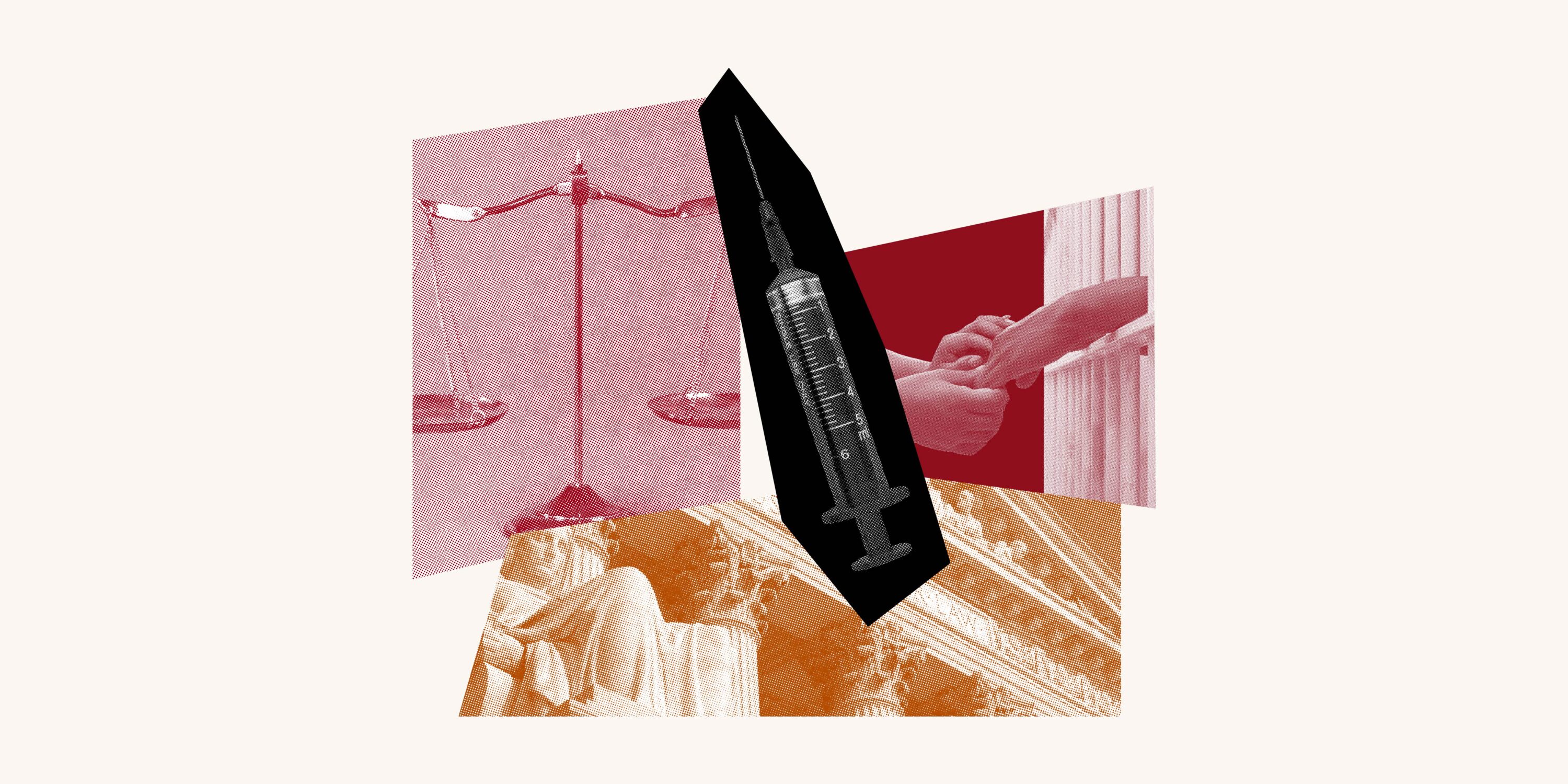Innocence and the Death Penalty
The ACLU works in courts, legislatures, and communities to defend and preserve the individual rights and liberties that the Constitution and the laws of the United States guarantee everyone in this country.

The Latest
Explore More
What's at Stake
“Whether or not any innocent defendants have actually been executed, abundant evidence accumulated in recent years has resulted in the exoneration of an unacceptable number of defendants found guilty of capital offenses. The risk of executing innocent defendants can be entirely eliminated by treating any penalty more severe than life imprisonment without the possibility of parole as constitutionally excessive.”
—U.S. Supreme Court Justice John Paul Stevens, concurring opinion in Baze v. Rees (2008)
“Whether or not any innocent defendants have actually been executed, abundant evidence accumulated in recent years has resulted in the exoneration of an unacceptable number of defendants found guilty of capital offenses. The risk of executing innocent defendants can be entirely eliminated by treating any penalty more severe than life imprisonment without the possibility of parole as constitutionally excessive.”
—U.S. Supreme Court Justice John Paul Stevens, concurring opinion in Baze v. Rees (2008)



